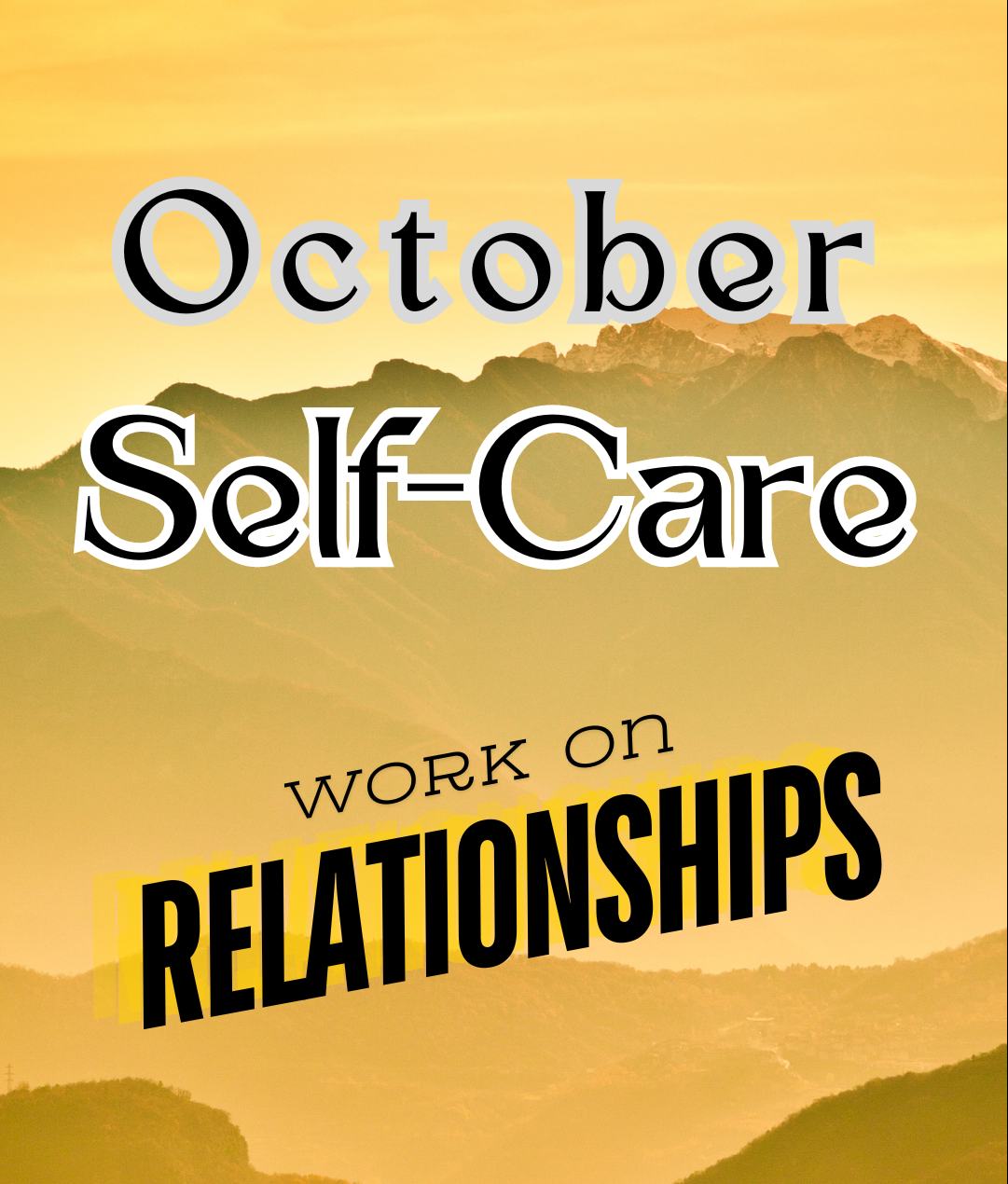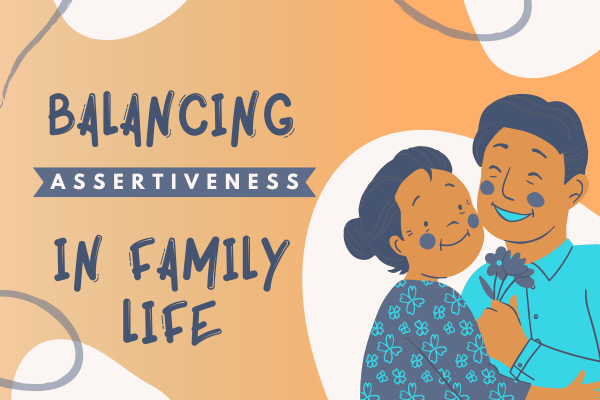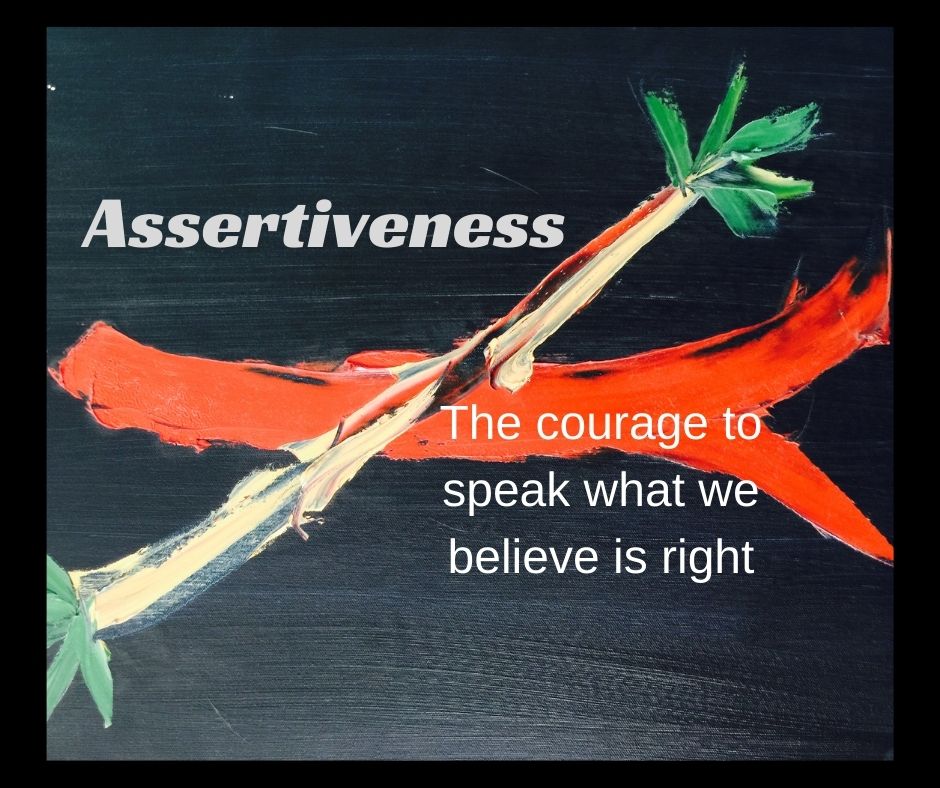
Balancing the Power of Appreciation
As we explore the transformative power of appreciation, let’s consider what it would look like if we took this virtue to extremes and what virtues can help keep it in balance.

The Allure of Extreme Appreciation
Imagine living in a world where appreciation is taken to the utmost extreme. People greet each other with elaborate thank-yous, and every small act—like holding the door open or sharing a smile—is met with grand gestures of gratitude. On the surface, this sounds delightful. But let’s pause and think: what might happen if appreciation becomes excessive?
The Dangers of Excessive Appreciation
-
-
- Inauthenticity: When gratitude is exaggerated, it can feel forced or superficial. If every little gesture is met with excessive praise, people may question the authenticity of the appreciation. Are we genuinely thankful, or are we just performing?
- Entitlement: In an environment where appreciation is overflowing, there’s a risk that individuals may begin to feel entitled to constant acknowledgment for every action. This entitlement can lead to disappointment when the expected gratitude isn’t reciprocated.
- Neglecting Criticism: We might shy away from providing constructive feedback if we overly focus on appreciation. It’s essential for personal and communal growth to address shortcomings and encourage improvement, not just to bask in the glow of gratitude.
- Pressure to Perform: Constantly needing to express or receive appreciation can create an unspoken pressure to “outdo” one another. This competition can lead to stress and anxiety, undermining the very joy that appreciation is meant to foster.
-
Balancing Appreciation
To navigate the potential pitfalls of extreme appreciation, we must balance it with other virtues. Here are a few that can help keep appreciation grounded:
-
-
- Authenticity: Being genuine in our expressions of gratitude is crucial. Instead of exaggerating our thanks, focus on heartfelt acknowledgment. Authentic appreciation fosters real connections and encourages honest interactions.
- Humility: Humility allows us to appreciate without expecting something in return. When we express gratitude from a place of humility, we recognize the contributions of others while remaining grounded in ourselves. It reminds us that appreciation is about lifting others up rather than inflating our egos.
- Constructive Feedback: Embracing the virtue of constructive feedback alongside appreciation creates a well-rounded approach to communication. Acknowledge the effort while also offering insight on improvement. This balance fosters a growth mindset—encouraging both recognition and development.
- Contentment: Contentment helps us appreciate what we have without always seeking more recognition or validation. By fostering a sense of fulfillment, we can express gratitude more sincerely, recognizing that we don’t need constant acknowledgment to validate our worth or actions.
-
Real-Life Applications: Finding the Balance
To illustrate this balance, let’s return to our earlier scenario: a child with a mediocre report card. Instead of just showering them with praise or solely critiquing the grades, you might say, “I appreciate how hard you worked on this, and I see you learned some new concepts. What do you think you could focus on next time?” This approach values their effort while also encouraging reflection and growth.
Story Time: A Balanced Family Tradition

Let me share another inspiring story. One family I spoke with practices “Appreciation and Reflection Nights.” Each week, they gather to discuss what they appreciate about each other, but they also take turns sharing something they learned or wish to improve on. This dual appreciation and constructive reflection approach creates a nurturing environment where everyone feels valued and inspired to grow.
Reflection Questions
As we contemplate the balance of appreciation with other virtues, consider these questions:
- How can you express appreciation authentically in your daily interactions?
- What is one area in your life where you could offer constructive feedback alongside your appreciation?
- How do you practice contentment while recognizing the contributions of others?
As we continue our Virtue Quest, let’s embrace appreciation while recognizing the importance of balance with other virtues. By cultivating genuine gratitude, humility, and constructive dialogue, we can create a supportive environment that uplifts everyone involved.
Remember, appreciation is not just a feeling; it’s a powerful tool for connection, growth, and positivity. Let’s harness its magic in a balanced and authentic way!
Thank you for joining me on this journey. Here’s to appreciating the beauty around us while fostering a community where everyone can thrive!
Joe is a husband, father, grandfather, author, speaker, educator, course creator, and parent/family coach.
He helps parents develop unity, find clarity, communicate, and develop consistency in their parenting with the Four C’s of Successful Families. You can find his work on social media.
In addition, the Four C’s newsletter is enjoyed by many as it encourages parents to self-care, build their relationships with their partners, and raise their children.
And he loves to golf!








